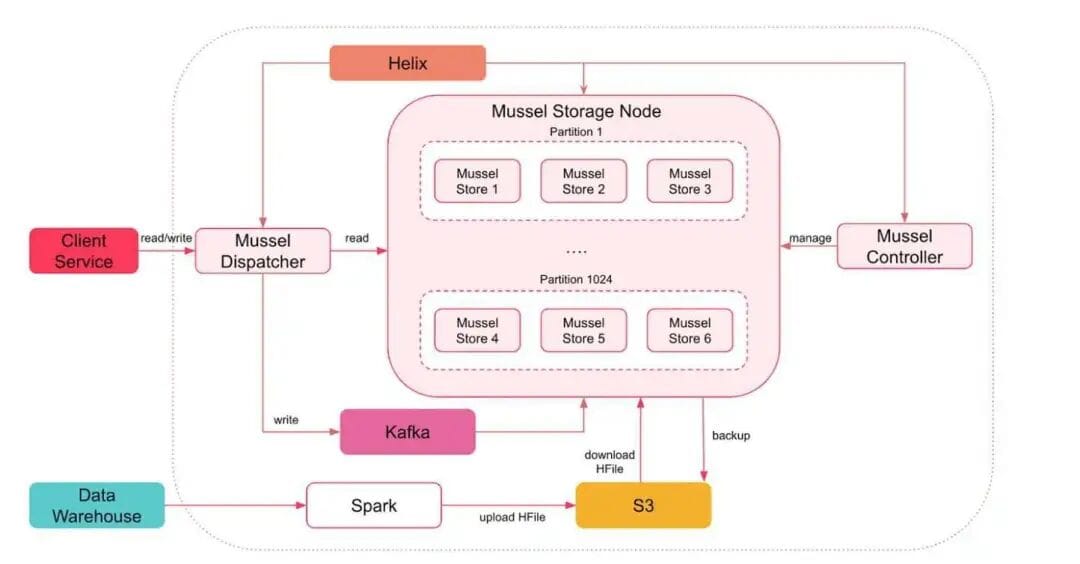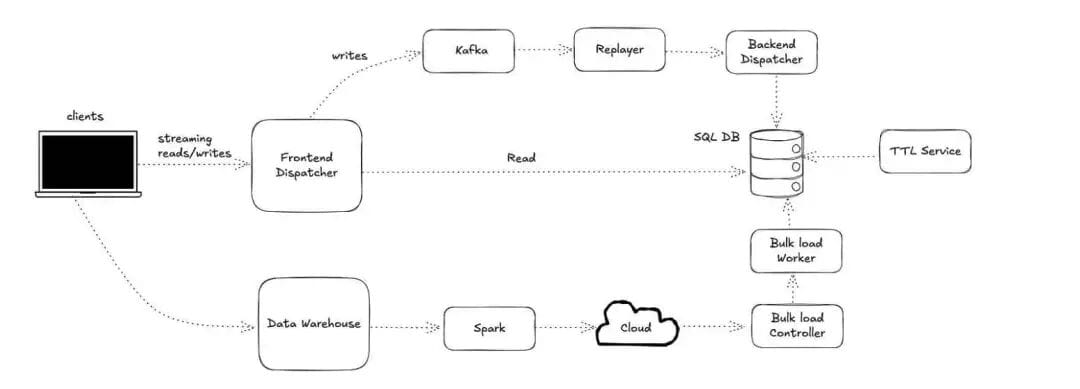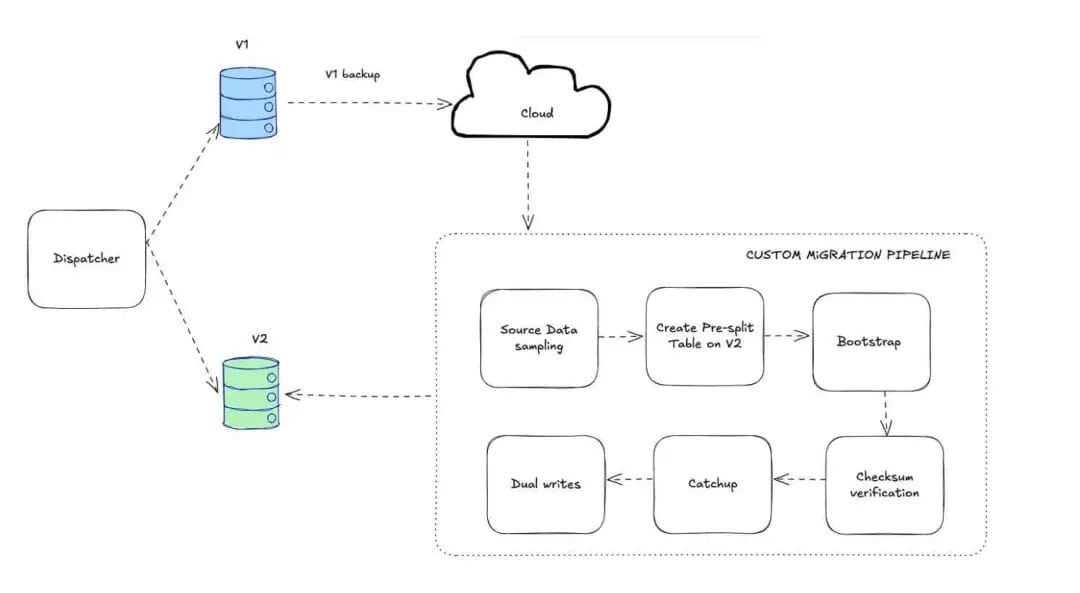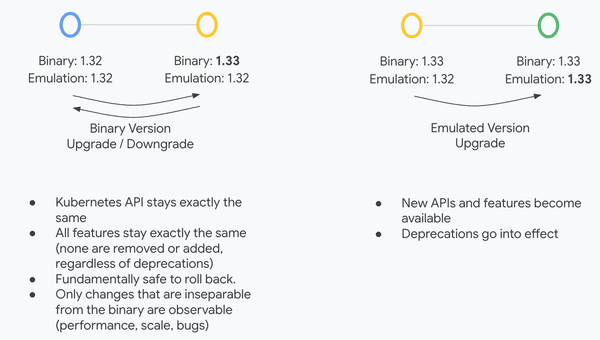Airbnb’s Mussel V2: Next-Generation Key-Value Store Unifying Stream and Batch Processing

Airbnb Introduces Mussel v2: Next-Generation Key-Value Storage
Airbnb’s engineering team has launched Mussel v2, a complete overhaul of its internal key-value engine. This new system is designed to:
- Unify streaming and bulk ingestion
- Simplify operations
- Scale to much larger workloads
Reportedly, Mussel v2 can:
- Sustain 100,000+ streaming writes per second
- Support tables beyond 100TB
- Keep p99 read latency under 25ms
- Bulk ingest tens of terabytes of data
All of this allows product teams to focus on innovation rather than on pipeline management.
---
Limitations of Mussel v1
The earlier Mussel v1 powered internal Airbnb data services but had key limitations:
- Static hash partition design on Amazon EC2
- Managed via Chef scripts
- Separate batch and streaming paths → higher overhead, harder consistency
- Increasing difficulty as data volume and integrations grew

Mussel V1 architecture (Image source: Airbnb Engineering Blog)
---
Design Innovations in Mussel v2
Mussel v2 integrates a NewSQL backend with a Kubernetes-native control plane, offering:
- Elasticity of object storage
- Low-latency caching responsiveness
- Service mesh manageability
Key Features
- Dynamic range sharding with pre-splitting to reduce hotspots
- Namespace-level quotas and dashboards for cost transparency
- Stateless Dispatcher layer that scales horizontally:
- Routes API calls
- Handles retries
- Supports dual-write & shadow-read for migrations
---
Write and Bulk Ingestion Workflows
- Writes
- Persisted to Kafka for durability
- Processed by Replayer & Write Dispatcher sequentially into the backend
- Bulk loads
- Via Airbnb’s data warehouse using Airflow jobs
- S3 staging area
- Maintains merge-or-replace semantics
---
Efficient Data Expiration
- Topology-aware expiration service: shards namespaces into range-based tasks
- Parallel deletion by multiple workers
- Minimizes impact on real-time queries
- For write-heavy tables: max version limits & targeted deletion

Mussel V2 architecture (Image source: Airbnb Engineering Blog)
---
Migration from v1 to v2
Migrating was challenging but achieved with zero downtime:
Approach
- Table-granularity blue-green deployment
- Continuous validation & rollback
- Bootstrapping from backups & sampled data
- Planned pre-splits
- Checksum validation after bootstrap ingestion
- Apply lagging Kafka events
- Enable dual writes before cutover
---
Cutover Process
- Gradually shift reads to v2
- Use shadow traffic to monitor consistency
- Roll back to v1 if error rates spike
- Kafka remained the common log throughout
---

Data migration pipeline from Mussel V1 to V2 (Image source: Airbnb Engineering Blog)
---
Extra Operational Complexity
Migrating from eventual consistency to strong consistency required:
- Write deduplication
- Retry control
- Query tuning & workload distribution
- Automated rollback and monitoring
- Per-table staging sequences
Result: 1PB+ migrated with no downtime.
---
Full article:
Airbnb’s Mussel V2: Next-Gen Key Value Storage to Unify Streaming and Bulk Ingestion
---
Broader Context: Scalability Lessons for Content Technology
Advanced architectures like Mussel v2 show the value of scalability and operational simplicity — principles equally important in content creation tech.
For creators aiming to leverage AI to produce, publish, and monetize across multiple platforms, open-source tools such as AiToEarn官网 offer:
- Integrated AI content generation
- Cross-platform publishing to Douyin, Kwai, WeChat, Bilibili, Rednote, Facebook, Instagram, LinkedIn, Threads, YouTube, Pinterest, X/Twitter
- Analytics and AI model rankings
- A pipeline that is transparent and efficient — paralleling Mussel v2’s goals
---
Would you like me to also create a side-by-side comparison table of Mussel v1 vs Mussel v2 to make the improvements even clearer?




